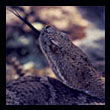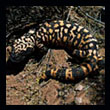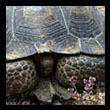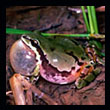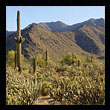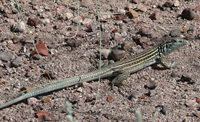Online Field Guide to The Reptiles and Amphibians of Arizona

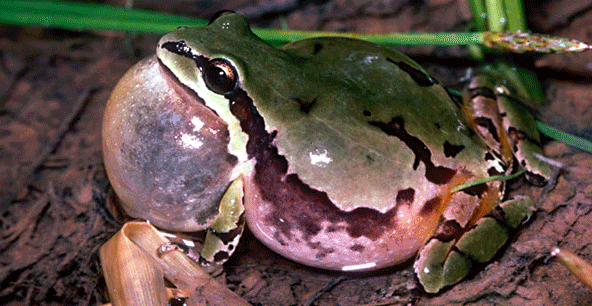
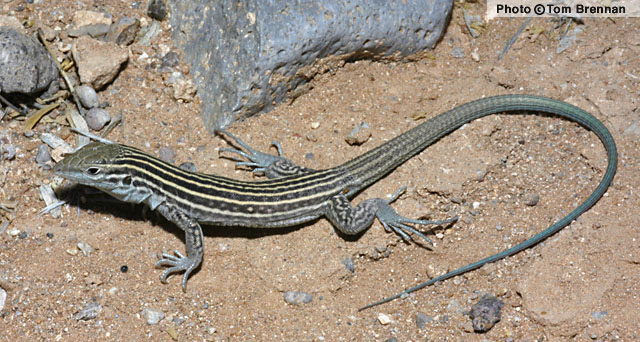
Hidalgo County, New Mexico
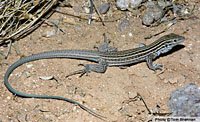 Hidalgo Co., NM |
| NEW MEXICO WHIPTAIL Aspidoscelis neomexicana | |
|
DESCRIPTION: A small (up to 82 mm or 3.25″ from snout to vent), slim, brown to black lizard with a long, thin, blue or gray-green tipped tail, and a slim, pointed snout. The body is marked with seven yellow or cream colored stripes and numerous light spots. This is the only whiptail in Arizona with a wavy mid-dorsal stripe. The scales on the body are small and granular. The scales on the tail are larger, keeled, and rectangular. The scales on the belly are large, smooth, and rectangular. The scales on top of the head are large, smooth, and plate-like. HABITAT: The Arizona population of this lizard lives on a sandy, shrubby floodplain within the Plains Grassland community. BEHAVIOR: This alert, diurnal, fast-moving ground-dweller is most active in the mid-morning and late afternoon. It hibernates during the cold months of winter and late fall. DIET: It actively forages by rooting around in organic matter under bushes and digging in the soil around the bases of rocks, and other surface debris. Prey consists of termites, beetles, moths, grasshoppers, ants, and a variety of other insects and insect larvae. REPRODUCTION: All New Mexico Whiptails are female (parthenogenetic). Eggs are unfertilized and hatchlings are clones of the mother. One or two clutches of 1 to 4 eggs are laid in June and July. Hatchlings typically begin to emerge in late July. By Thomas C. Brennan Brennan, T. C., & A. T. Holycross. 2006. A Field Guide to Amphibians and Reptiles in Arizona. Arizona Game and Fish Department. Phoenix, AZ Degenhardt, W. G., Painter, C. W., and Price, A. H.. 1996. Amphibians and Reptiles of New Mexico. University of New Mexico Press. Albuquerque. Stebbins, R.C. 2003. A Field Guide to Western Reptiles and Amphibians, Third Edition. Houghton Mifflin Company, Boston, MA |
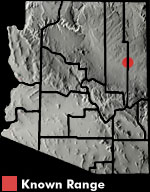 |
Visit Partners in Amphibian and Reptile Conservation:


HOME
Copyright © 2023, Arizona Game and Fish Department. All rights reserved.
If you make use of the textual contents of this site in reports, publications, etc. please cite and credit the author(s) and photographer(s). All photos on this website are copyrighted. However, those found in the species account section may be used for any noncommercial scientific, educational, or conservation purposes provided that photographs are not altered and continue to bear the copyright symbol and name of the photographer. Please contact the photographer regarding commercial use of copyrighted photographs.
